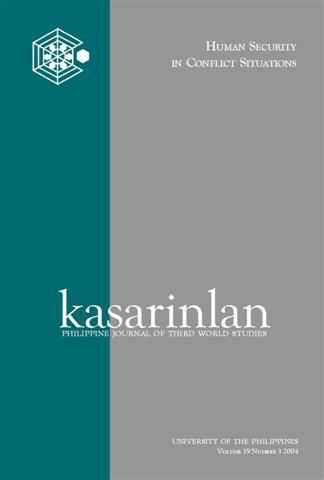Small Arms Proliferation and Misuse: Human Security Impact and Policy Actions in Southeast Asia
Abstract
Possession of weapons is not inherently a problem. However, once unregulated and misused by unaccountable individuals and groups, weapons contribute to the erosion of civilian protection and of the society as a whole. The article probes into the direct and indirect human security impact of small arms in the selected countries of Southeast Asia. The direct costs of unregulated small arms availability and misuse include fatal and nonfatal injuries, cost of treating and rehabilitating firearms casualties and the opportunity cost of long-term disability. Indirectly, small arms affects human security by increasing the intensity and duration of armed conflicts, displacing civilians, exploiting children as soldiers, obstructing humanitarian assistance in conflict and disaster areas and undermining the human rights and humanitarian law by threatening the lives and well-being of vulnerable sectors such as women and children, as well as humanitarian and development workers. The paper also delves into initiatives undertaken by the Association of Southeast Asian Nations (ASEAN) and selected member countries along the lines of global actions on small arms. To date, the human costs of small arms availability and misuse have yet to become a priority agenda in the region. Southeast Asian governments still largely view the problem and solutions to it in the context of cross-border crime. Finally, drawing from experiences in the region and current global actions, this paper puts forward some recommendations for both governments and non-governmental organizations.
Published
2007-12-16
Section
Articles
Keywords
small arms; internally displaced populations; refugees; child soldiers; human rights; weapons-for-development; disarmament
By submitting a manuscript, the authors agree that the exclusive rights to reproduce and distribute the article have been given to the Third World Studies Center.



